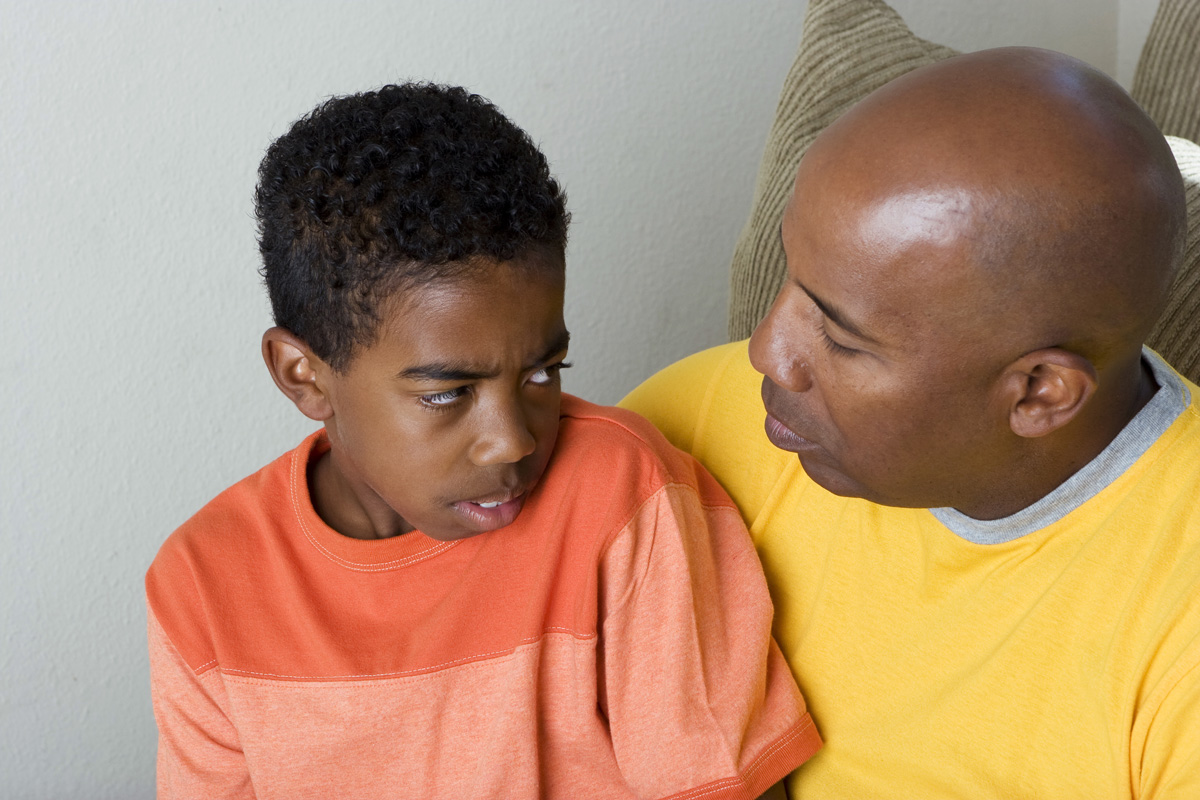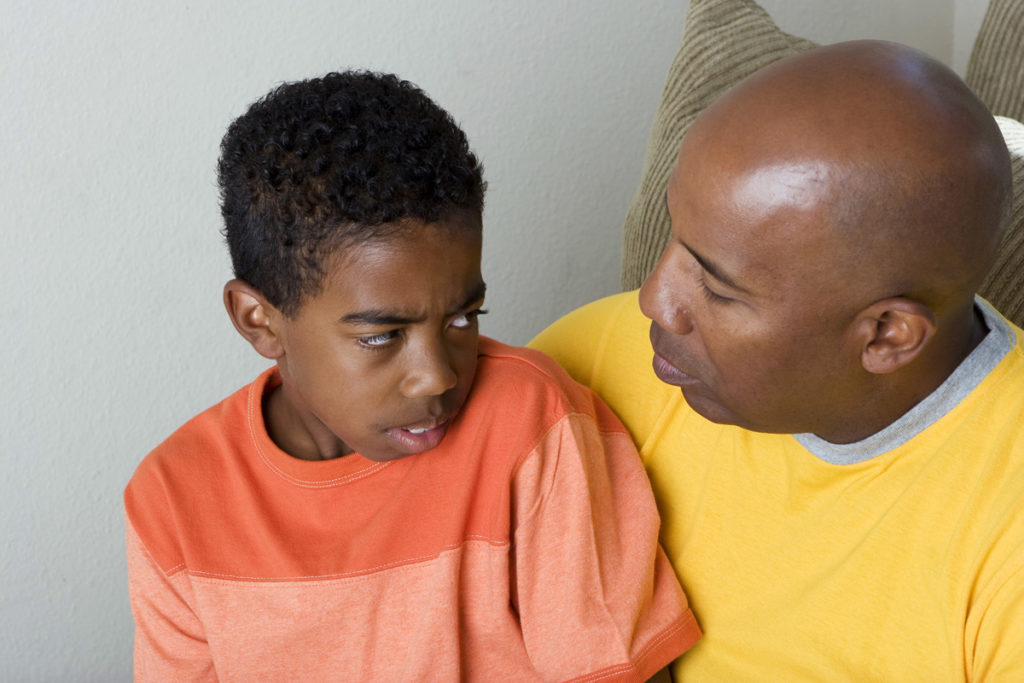
Symptoms of OCD
Being diagnosed with OCD means having obsessions, compulsions, or both. Obsessions are not simply excessive worries about real-life problems. Obsessions are persistent fears and upsetting thoughts or images that a child cannot ignore or dismiss. Parents and teachers may not be aware of the full extent of a child’s symptoms because many of them occur only in the child’s mind, and others are easily hidden or disguised. A parent may notice that the child avoids certain things, seems distracted, inattentive, or irritable, repeatedly seeks reassurance, or cannot tolerate uncertainty.
Examples of obsessive or compulsive behaviors include:
- Repeatedly having unwanted thoughts, impulses, or images that cause anxiety or distress.
- Repeatedly saying something (for example, counting, or repeating words silently or out loud).
- Repetitive behaviors (for example, handwashing, placing things in a specific order, or checking the same things over and over). In some cases, the repetitive behaviors can be physically causing harm to the child over time.
- Repeatedly doing something according to certain rituals that must be followed exactly in order.
Treatment for OCD
OCD is not caused by a parenting style, nor is it a sign of misbehavior or lack of self-control. It is caused by a physiological imbalance in certain brain chemicals, and is no more the child or parents’ fault than an allergy or other organic medical condition.
Effective treatment for OCD includes a behavior therapy called “exposure and response prevention” (ERP), or a combination of ERP along with one or more types of medications. Some medications can be in the class of antidepressants, atypical antipsychotics, or an anti-anxiety medication such as benzodiazepines. ERP therapy works by gradually exposing children to their fears in a safe setting and simultaneously preventing them from performing the accompanying compulsions. Effective ERP leads to “habituation.” When participants are exposed to their fear without performing the compulsive behavior and see that nothing bad happens, they build up a tolerance and their anxiety levels go down.
Children and adolescents often feel shame and embarrassment about their OCD. Many fear it means they're crazy and are hesitant to talk about their thoughts and behaviors.
However, once the illness is identified, children, families, and school staff can work together to manage symptoms, develop coping strategies, plan educational modifications, and help the child lead a successful life.
Good communication between parents and children can increase understanding of the problem and help the parents appropriately support their child.
Request a Tour of The Gateway School
Since 1980, RKS Associates has been a leader in providing the needs of special education students and helping children grow to their fullest potential. Each of our schools seeks to empower each student with skills for life, work, and recreation; we believe that every individual possesses the dignity and potential to contribute to a better world.
As part of the RKS Associates Network of schools in New Jersey, the goal at the Gateway School is to assist all students in becoming as independent as possible and help them get ready for the future. Located in Carteret, NJ, we serve individuals throughout Central and Northern New Jersey. Contact us at our main office at 732.541.4400 with any questions or schedule a private tour of the Gateway School today.
Chris Hoye, Principal-The Gateway School of Carteret, NJ
